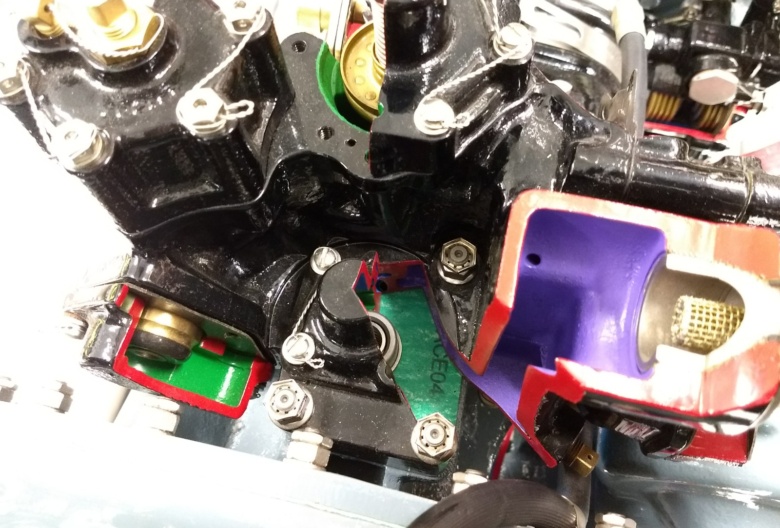Allison V-1710 Service Maintenance

The Allison V-1710 engine powered some of the most iconic fighter planes of World War II. This engine was a workhorse, providing power, reliability, and speed to the planes that utilized it. However, like any other machine, the Allison V-1710 requires regular maintenance to keep it running smoothly and safely.
Maintaining the Allison V-1710 Engine: Strix Tips for Proper Service and Maintenance
To keep the Allison V-1710 engine running smoothly and safely, there are several critical maintenance tasks that must be performed.
Regular Inspections
Inspections are the first line of defense against mechanical failures. Mechanics should visually inspect the engine and its components regularly, looking for signs of wear, damage, or other issues. By catching potential problems early, inspections can help prevent more serious issues from developing and ensure the engine runs smoothly and safely.
Oil Changes
The engine oil should be changed at regular intervals, as recommended by the manufacturer. This is essential to keep the engine lubricated and running smoothly. Fresh oil helps reduce friction, removes dirt and debris, and helps prevent wear and tear on the engine’s components.
Air Filter Cleaning/Replacement
The air filter should be cleaned or replaced as needed to ensure proper airflow into the engine. A clogged air filter can restrict airflow, which can cause poor performance, reduced fuel efficiency, and even engine damage. By keeping the air filter clean and replacing it as needed, mechanics can ensure the engine receives the proper air intake it needs to perform optimally.
Spark Plug Replacement
Spark plugs should be replaced according to the manufacturer’s recommendations to ensure proper combustion and engine performance. Old or worn spark plugs can cause misfires, poor performance, and reduced fuel efficiency. By replacing the spark plugs as recommended, mechanics can help ensure proper combustion, reliable ignition, and optimal engine performance.
Valve Adjustments
Valves should be adjusted regularly to ensure proper clearance and performance. Improperly adjusted valves can cause poor performance, increased fuel consumption, and even engine damage. By adjusting the valves regularly, mechanics can help ensure the engine runs smoothly and safely.
Cooling System Maintenance
The cooling system, including the radiator, hoses, and thermostat, should be inspected and maintained to prevent overheating and other issues. Overheating can cause serious damage to the engine, so it’s essential to keep the cooling system in good condition. This includes regular inspections, cleaning, and replacement of worn or damaged parts.
Fuel System Maintenance
The fuel system, including the fuel pump, filter, and carburetor, should be inspected and maintained to prevent fuel-related issues. Dirty or clogged fuel filters, faulty fuel pumps, or other issues can cause poor performance, reduced fuel efficiency, and even engine damage. By keeping the fuel system clean and well-maintained, mechanics can help ensure reliable and efficient engine performance.
Ignition System Maintenance
The ignition system, including the distributor, ignition coil, and wiring, should be inspected and maintained to ensure proper spark timing and ignition. A faulty ignition system can cause misfires, poor performance, and even engine damage. By keeping the ignition system in good condition, mechanics can help ensure reliable and efficient engine performance.
